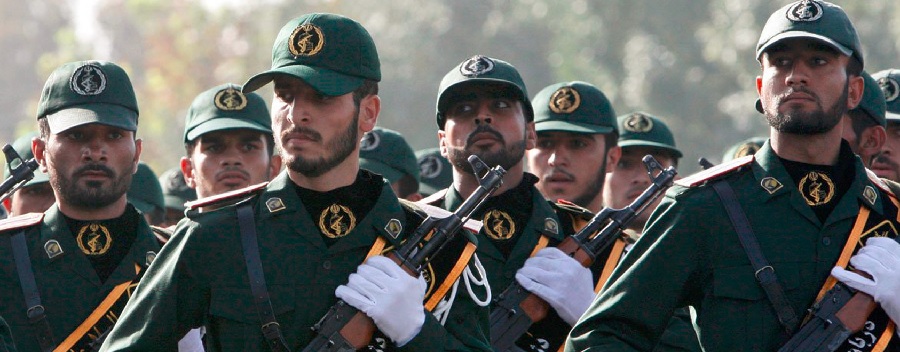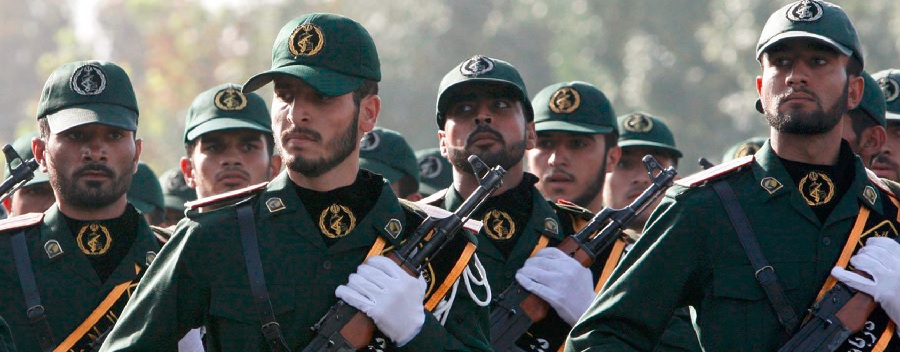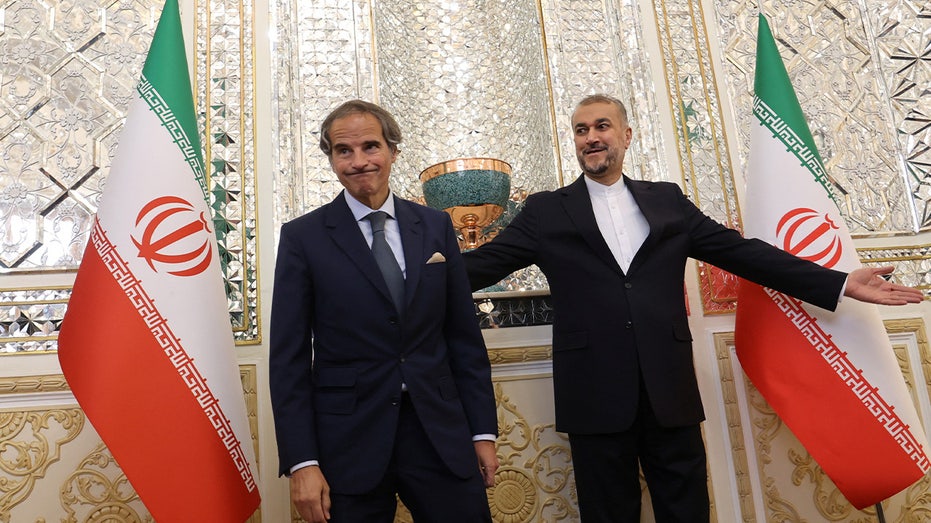
Escalating Tensions: Iran and Israel on the Brink
Tensions between Iran and Israel have sharply escalated as Tehran’s military leadership reiterated their commitment to retaliate against Israeli airstrikes from the previous month. This increasing volatility has garnered attention from global observers, particularly from the United Nations’ nuclear watchdog, which is urgently attempting to prevent a potential nuclear confrontation.
IAEA’s Diplomatic Efforts in Iran
This week, Rafael Grossi, the Director General of the International Atomic Energy Agency (IAEA), traveled to Iran for critical discussions aimed at ensuring Tehran’s compliance with its past nuclear commitments. During this visit, Grossi sought to gain clarity on the current state of Iran’s nuclear program. Despite international pledges to curtail Iran’s nuclear advancements, Grossi issued a stark warning to Israel, stating that Iran’s nuclear facilities “should not be attacked.” This warning underscores a growing concern regarding the potential for a military confrontation over Iran’s nuclear activities.
Israel’s Strategic Military Posture
In a counterpoint to Grossi’s warnings, Israeli Defense Minister Israel Katz claimed that Iranian nuclear installations are “more exposed than ever” to potential Israeli strikes. Katz emphasized the urgency of Israel’s military objectives, declaring, “We have the opportunity to achieve our most important goal—to thwart and eliminate the existential threat to the State of Israel.” This aggressive posture aligns with Israel’s longstanding policy of preemptively striking threats before they can fully materialize.
U.S. Policy Dynamics
The White House has consistently advised against Israeli military actions targeting Iran’s nuclear sites. However, as President-elect Donald Trump prepares to take office in January, following the departure of the Biden administration, there are speculations about a possible shift towards a more hardline stance on U.S. policy regarding Israel’s military options. The evolution of Washington’s approach in the coming months adds an element of uncertainty to the already volatile situation.
Iran’s Response to Israeli Aggression
Despite the threats from both the U.S. and Israel, Iran’s leadership appears undeterred. High-ranking Iranian government and military officials have repeatedly issued warnings of a strong retaliatory response in the aftermath of Israel’s October strikes. During a meeting on Thursday with the family of Major Sajjad Mansouri, who was reportedly killed in the strikes, Iranian Army Commander-in-Chief Major General Seyyed Abdolrahim Mousavi vowed to deliver a “crushing” blow to Israel. “We will determine the time and manner of our response,” Mousavi assured, emphasizing that Iran would not hesitate to act when necessary.
In a similar vein, Deputy Commander of the Iranian Revolutionary Guard Ali Fadavi made a bold proclamation, stating that the “complete downfall of the Zionist regime” is imminent. He further prophesied that “the party of God shall prevail, and the party of evil shall face defeat,” highlighting a pervasive ideological conviction within the Iranian military hierarchy.
Israeli Airstrikes Intensify
Amid heightened rhetoric from Tehran, Israel has intensified its military operations against Iran-backed groups, including Hezbollah in Lebanon and the Islamic Jihad in Syria. On Thursday, the Israeli Defense Forces (IDF) conducted airstrikes on militant positions in both Beirut and Damascus. These airstrikes reportedly targeted terrorist infrastructure and command centers, with the potential to significantly disrupt Iran’s influence in the region.
A report from Haaretz indicated that twelve people were killed and at least thirty injured across the two cities as a result of the strikes. The **Lebanese Health Ministry** confirmed that six individuals died and fifteen were injured during an Israeli strike on an apartment building in southern Beirut. While some civilians had reportedly been given evacuation instructions prior to the bombing, the civilian casualty count remains undetermined. In Damascus, the strike resulted in fifteen fatalities and further injuries, raising questions about the effectiveness and consequences of Israel’s military tactics.
High-Level Diplomacy Amid Conflict
Compounding the already complex situation, senior advisors to Iranian Supreme Leader Ayatollah Ali Khamenei are becoming increasingly active in the region. Ali Larijani, a senior Iranian official, was reported to be visiting Damascus on Thursday as part of a high-ranking delegation. Reports suggest that he is also set to travel to Lebanon for discussions with top officials regarding regional developments. However, it remains unclear whether Larijani was present in either Damascus or Beirut during the Israeli strikes.
The Way Forward
The escalating tensions between Iran and Israel not only pose a significant risk of military confrontation but also highlight the intricate web of alliances and enmities in the region. As diplomatic efforts intensify amid military maneuvers, the international community remains watchful. The looming question hangs over the responses of Iran, Israel, and the United States as the situation develops. With key players at the table and a volatile landscape, the stakes have never been higher. Will diplomacy prevail, or are tensions destined to ignite a broader conflict?


















